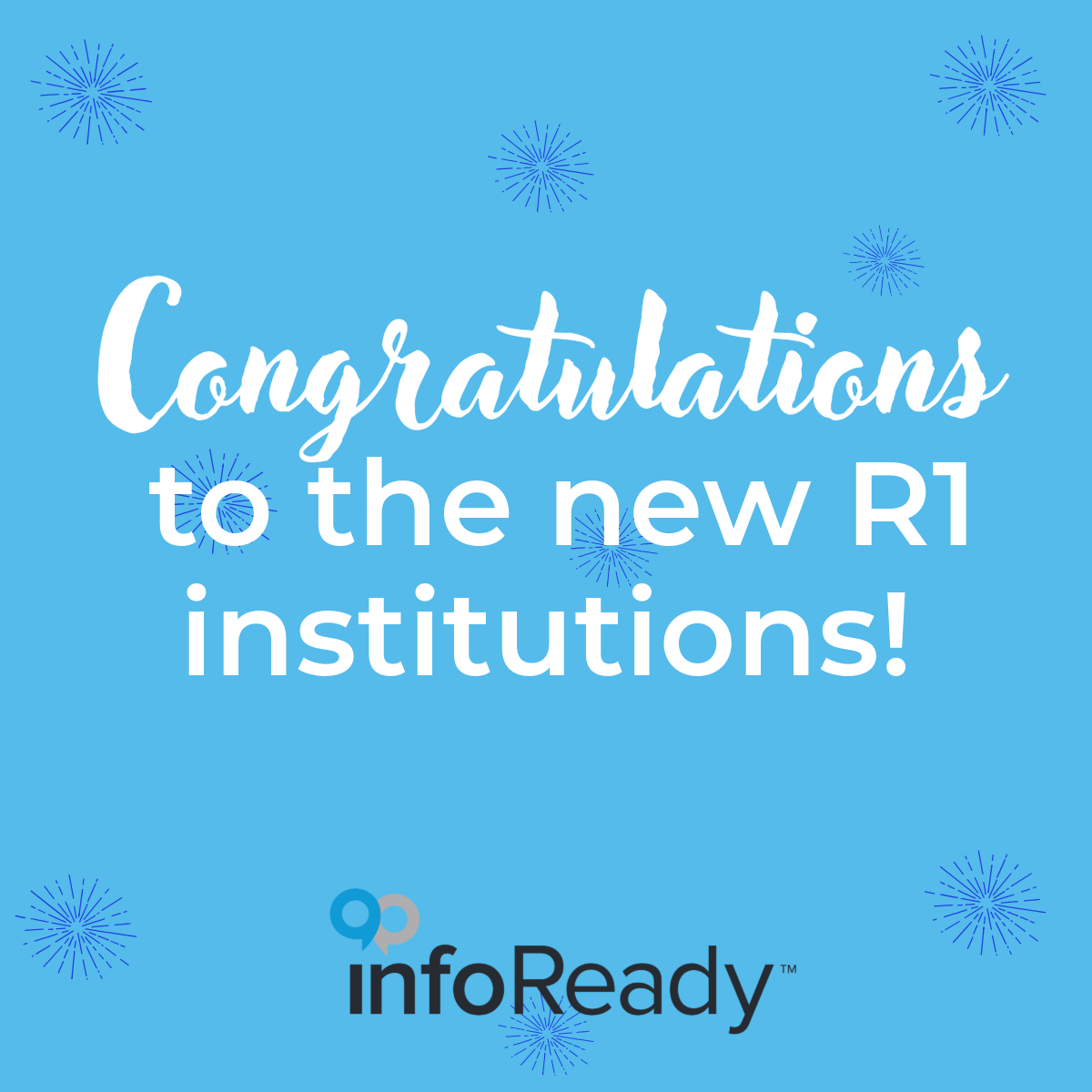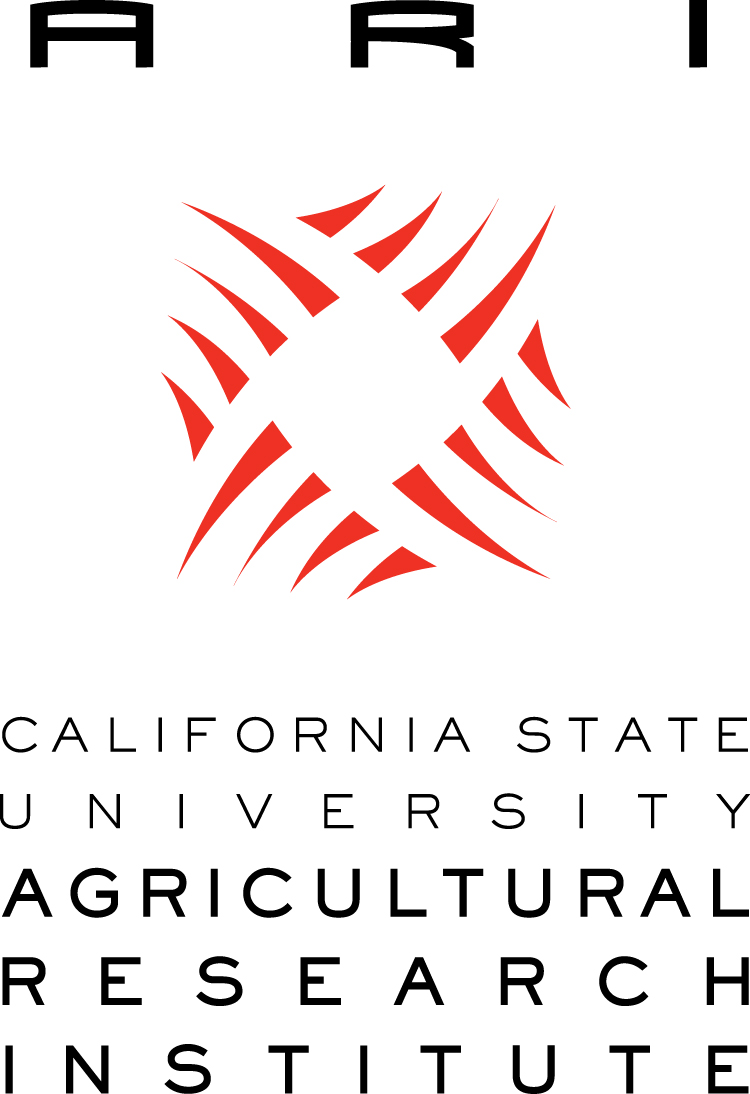To find the best answer we went straight to the experts: Gail Spatt and Susan Roche, from the Office of the Executive Vice President for Research (EVPR) at the Georgia Institute of Technology.
Let’s begin by examining why Georgia Tech wanted to expand usage:
“Because we knew our office wasn’t the only one collecting and routing applications, our goal was to bring a tool in-house, and then offer that tool across the institution,” says Gail. “This was important to us for the following reasons:
- Being a public university, we’re accountable to tax payers and the state of Georgia. Any time we invest in something, we want to leverage it as extensively as possible in order to maximize that investment.
- Our job is to support research as best we can. Achieving that goal starts in our office, but really extends to supporting all units across campus. Making everyone more efficient helps us achieve the broader goal.
- The fewer systems our institution has, the easier things are for our faculty, staff, and students. Here’s a great example: We had a reviewer who, while completing reviews for one competition in InfoReady Review, stumbled upon a call for another competition. He applied and went on to become a national award recipient as a result.”
Here are the steps they took to make InfoReady available institution-wide:
- The EVPR team waited to broadly advertise the availability of InfoReady until they were confident in their knowledge and use of the tool, so that they could support expansion. For the first six to nine months their office maintained exclusive control of the tool, using it for as many internal competitions as possible.
- They knew it was time to expand once the EVPR admins…
- Knew what functionality could/could not be easily customized;
- Developed a set of templates and FAQs specific to Georgia Tech; and
- Felt knowledgeable enough to teach others how to use the system.
- Once they were ready to expand, they leveraged standing meetings with faculty members like associate deans, directors of research institutes, and research administrators across the institution. At these meetings, the EVPR team would present system demonstrations and discuss their experiences using InfoReady. They tailored their presentations, highlighting system benefits most likely to be of interest to each audience.
- They leveraged the InfoReady customer service team to do the initial training for large groups of new administrators.
- Once adoption began to spread, the EVPR team put institution-wide best practices into place, building this guidance into every new admin training. Examples of these best practices include standardized naming conventions for competitions and email verbiage templates for notifications to applicants and reviewers that proactively address FAQs.
Susan serves as the point person for all things InfoReady on campus, and often handles individual training and troubleshooting for other administrators or system users. She says the biggest advice she has is to make sure new administrators feel supported and know where to go for help.
If your organization doesn’t have the bandwidth to provide such a high-touch level of support to your users, the InfoReady team is happy to help demonstrate the system and train new administrators for you. Email support@inforeadycorp.com to get started.



